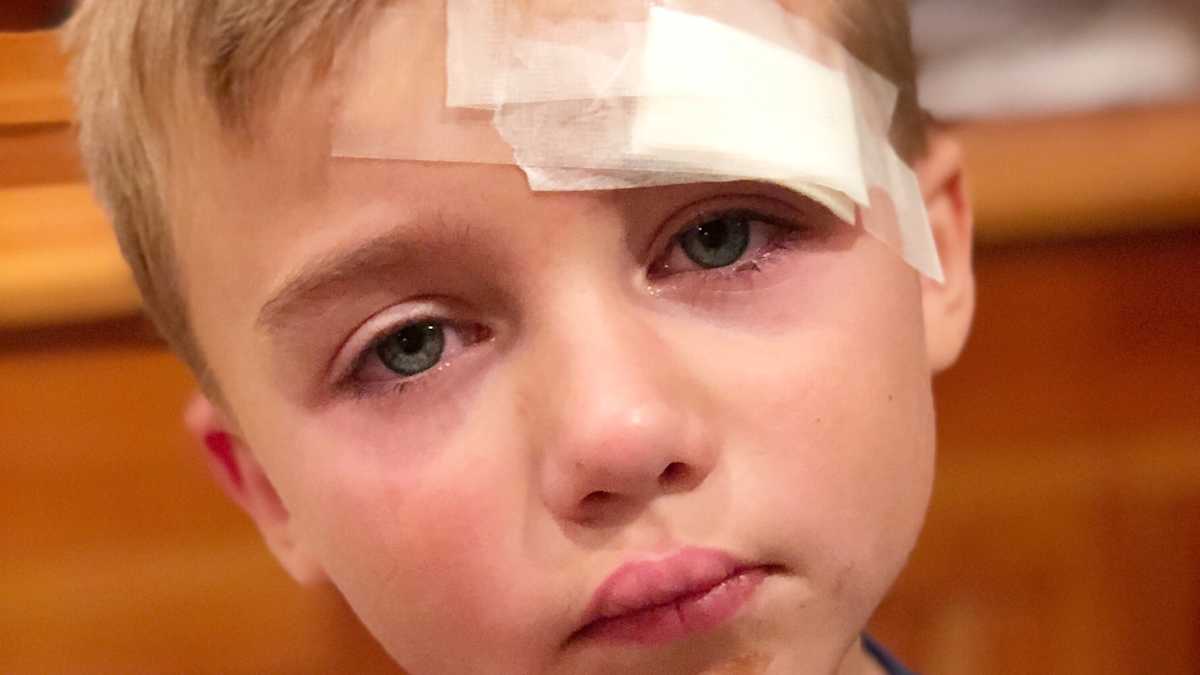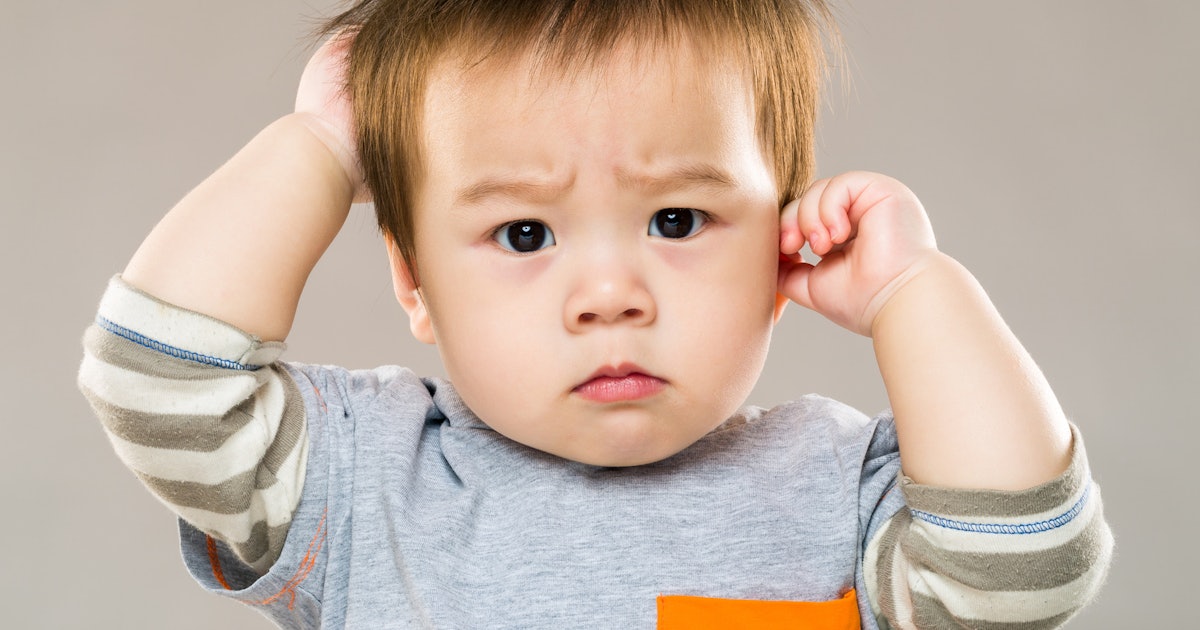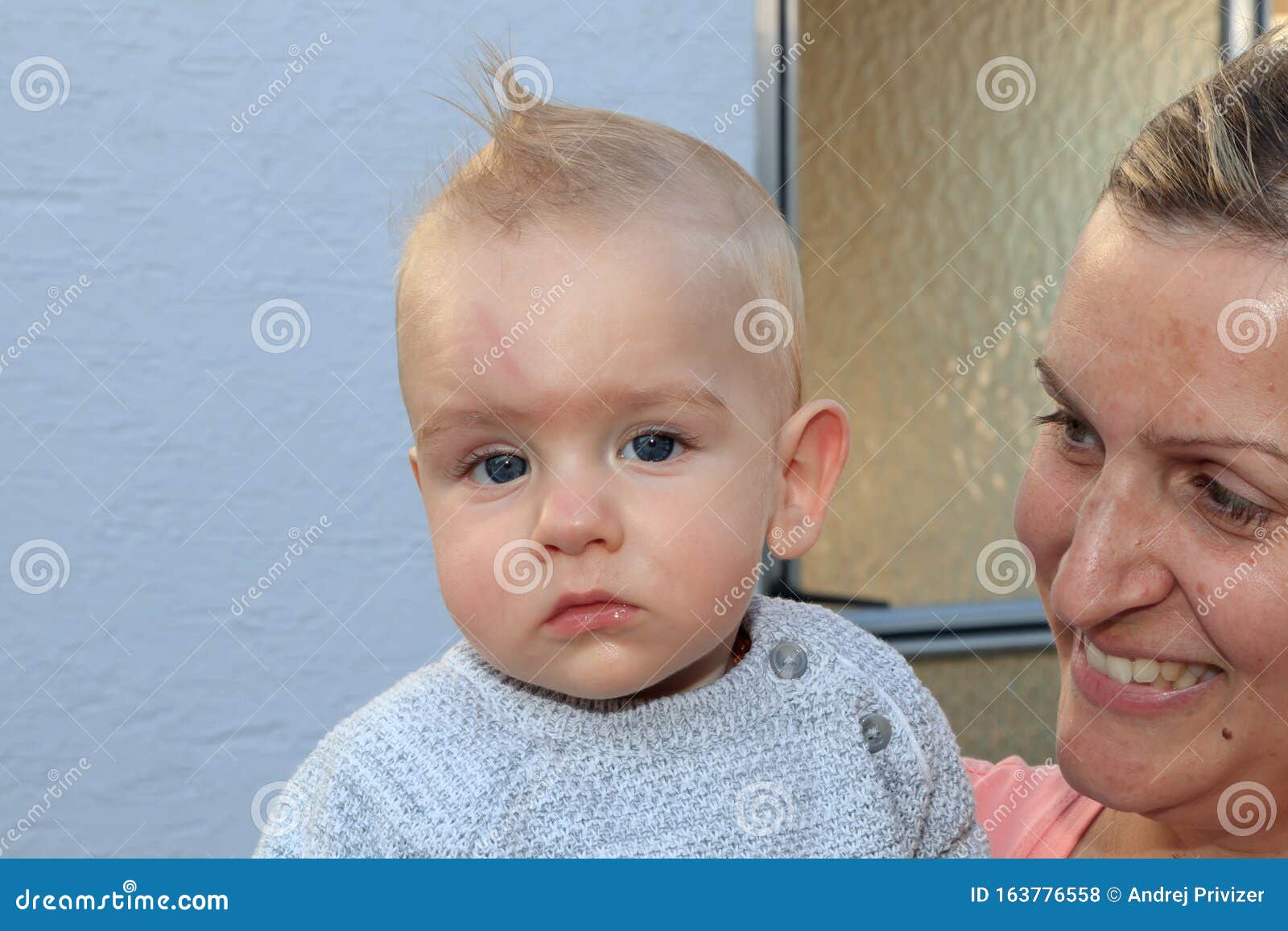As a parent, seeing your baby hit his head can be a scary experience. Whether it's a small bump or a more serious injury, it's important to know how to respond and when to seek medical attention.

Signs of a Serious Head Injury
While most head injuries in babies are mild, it's important to look out for signs of a more serious injury. These can include:
- Loss of consciousness
- Seizures
- Vomiting
- Difficulty breathing
- Unequal pupil size or unresponsive pupils
- Clear fluid draining from the nose or ears
If your baby experiences any of these symptoms after hitting his head, seek medical attention immediately.
What to Do if Your Baby Hits His Head
If your baby hits his head, there are a few things you can do to help him feel better:
- Apply a cold compress to the area to reduce swelling
- Offer pain relief medication, such as infant acetaminophen or ibuprofen
- Comfort your baby with cuddles and soothing words
- Monitor your baby for any signs of a more serious injury
If your baby seems lethargic or out of sorts after hitting his head, it's important to keep a close eye on him and seek medical attention if necessary.

When to Call the Doctor
If your baby hits his head and seems to be acting normally, you may not need to call the doctor right away. However, it's important to monitor your baby closely for the next 24 hours and look out for any signs of a more serious injury.
If your baby experiences any of the following symptoms, call your doctor immediately:
- Loss of consciousness, even briefly
- Seizures
- Vomiting more than once
- Difficulty waking up or staying awake
- Abnormal breathing, such as shallow breathing or breathing that stops and starts

Preventing Head Injuries in Babies
While it's impossible to prevent all head injuries in babies, there are a few things you can do to reduce the risk:
- Always use a car seat or baby carrier when traveling in a car
- Use safety gates at the top and bottom of stairs
- Remove any small or sharp objects that could be a hazard
- Keep an eye on your baby at all times, especially when he's learning to crawl or walk
By taking these precautions, you can help keep your baby safe and reduce the risk of a head injury.

Conclusion
While a head injury can be a scary experience for both you and your baby, it's important to remain calm and take the necessary steps to ensure your baby's safety and well-being. By knowing the signs of a more serious injury and taking steps to prevent future injuries, you can help keep your baby happy, healthy, and safe.